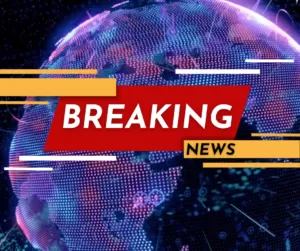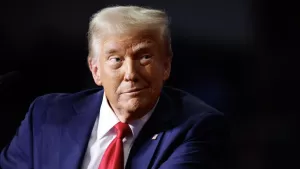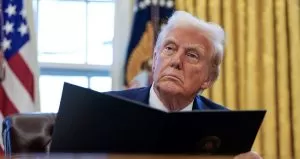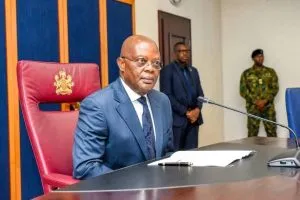Elon Musk Calls for Julius Malema to be Declared International Criminal Amidst Racial Tensions
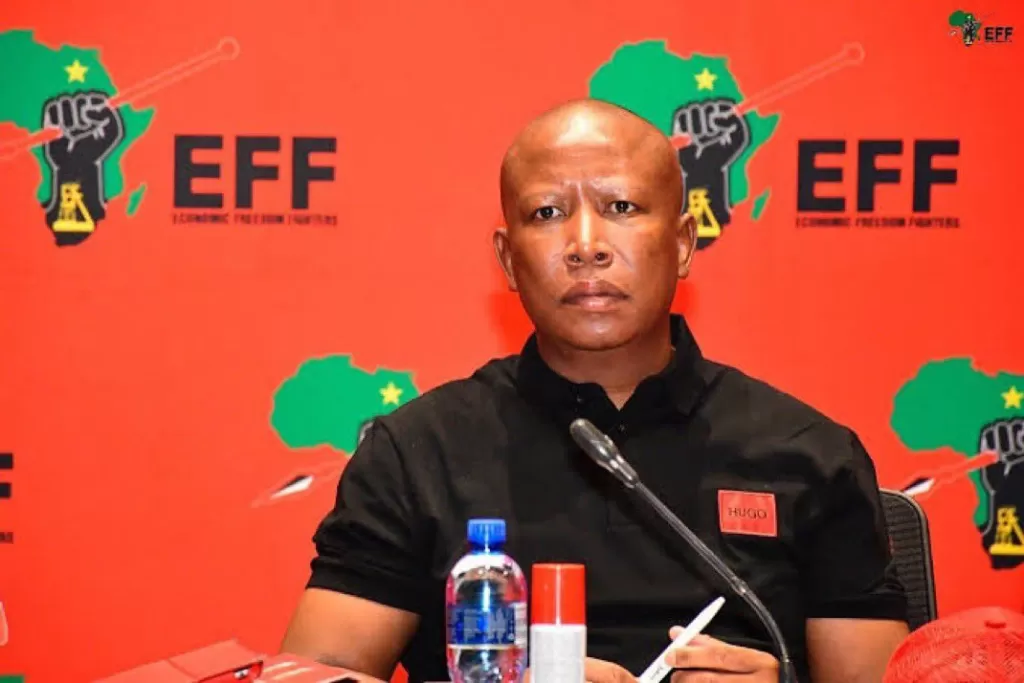
A heated debate has erupted after Elon Musk, the billionaire CEO of SpaceX and Tesla, called for Julius Malema, the leader of South Africa’s Economic Freedom Fighters (EFF), to be declared an international criminal. Musk’s demand stems from Malema’s remarks about targeting “whiteness” and historical racial tensions in South Africa, which some have interpreted as inciting violence or hate speech.
Background to the Controversy
The controversy began when a video surfaced of Malema discussing the need to target “whiteness” in South Africa. Musk, who was born in South Africa, took to social media to express his concerns, questioning why South African President Cyril Ramaphosa had not addressed Malema’s statements. Musk’s comments sparked a heated debate, with some supporting his stance against hate speech and others criticizing him for interfering in South African domestic politics.
Malema’s Response
Malema responded to Musk’s accusations by dismissing them, calling Musk a “spoiled brat” and accusing him of racism. Malema also reaffirmed his commitment to fighting for black equality, stating that he would not be deterred by labels or sanctions. The EFF has also condemned Musk’s alleged interference in South Africa’s domestic affairs, describing him as an imperialist seeking to undermine the nation’s economic and political sovereignty.
Public Reaction
The situation has sparked a lively debate within South Africa and globally. Some have praised Musk for speaking out against hate speech, while others have criticized him for overstepping into domestic politics. The EFF has rallied behind Malema, with many supporters defending his right to free speech and criticizing Musk’s alleged attempt to silence him.
Legal and Political Implications
Declaring someone an international criminal is a complex process involving international law and bodies like the International Criminal Court (ICC). The ICC would require evidence of crimes against humanity, war crimes, or genocide to take action. Politically, Malema’s position as a significant opposition leader complicates any such action, with potential implications for South Africa’s internal politics and international relations.
Broader Implications
This incident highlights the ongoing global conversation about freedom of speech, political rhetoric, and the responsibilities of public figures. It also underscores the tension between local political movements and international business leaders, particularly when their statements intersect with sensitive racial and historical issues.
As the situation continues to unfold, it remains to be seen how Malema and the EFF will respond to Musk’s call for sanctions. One thing is certain, however – the debate surrounding hate speech, free speech, and international intervention will continue to simmer, with significant implications for South Africa and the world at large.
